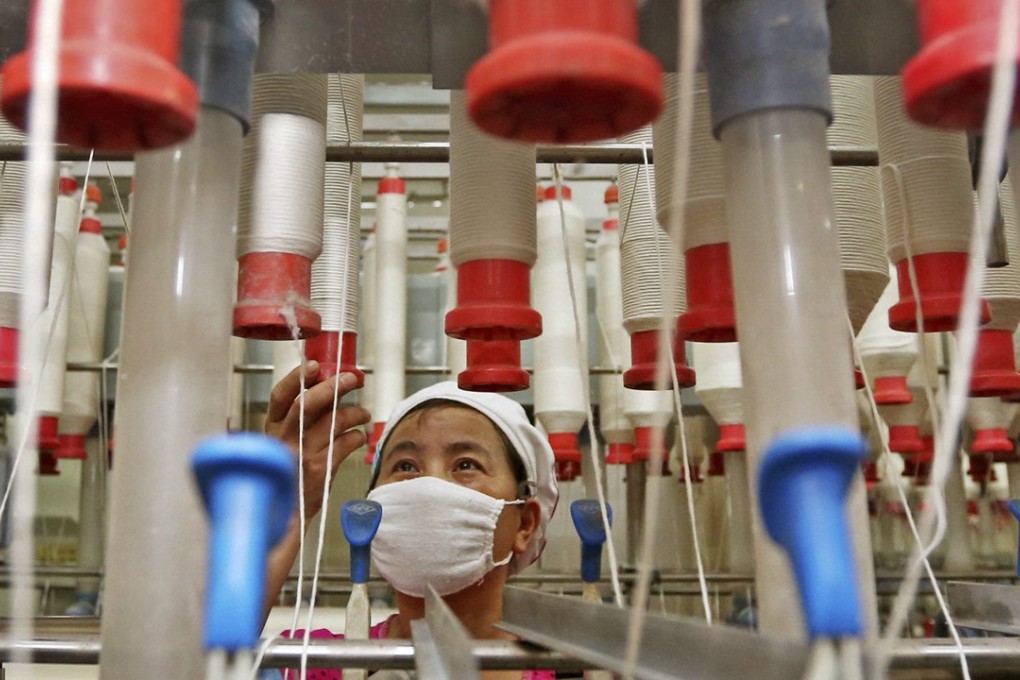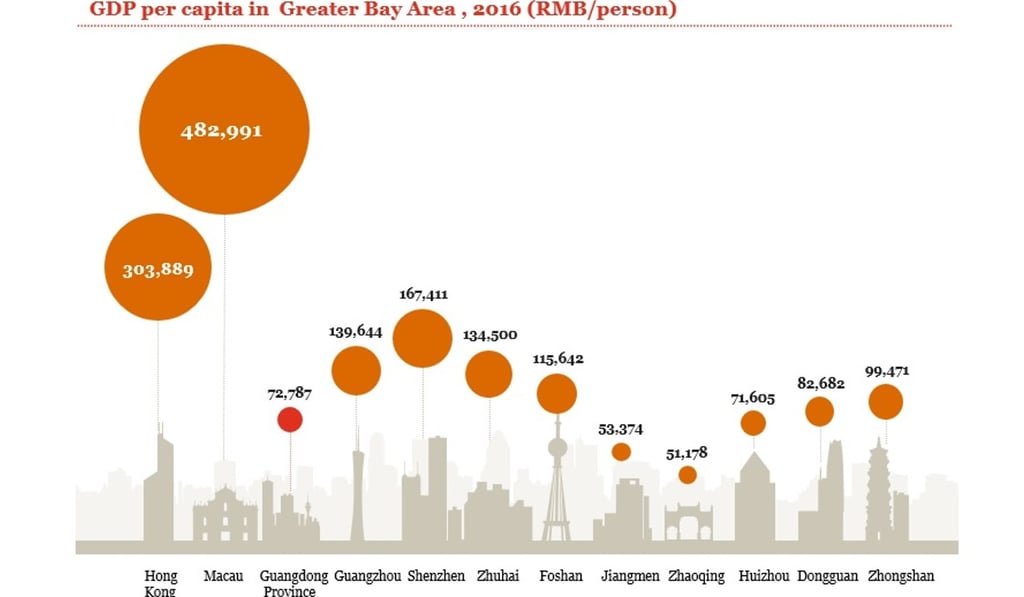Hong Kong’s poorer workers can profit from the Greater Bay Area, with the right skills
Gary Lai calls for a sizeable allocation of scholarship and grant money for vocational training for Hong Kong workers, so that they can benefit from the higher wages and technological shifts brought by increasing development in the Pearl River Delta

Yet, the factors that are prompting great shifts in the economy for the better are also keeping the poor and under-educated from sharing in the windfall.

First, the labour pool in the Pearl River Delta is shrinking and, as a result, wages are rising. Therefore, factory owners are moving their plants to cities – not necessarily within the delta – with better labour conditions. This would require job-seeking workers to be as mobile as these factories. This is not reasonable to assume for poor people, especially when they may have hukou (household registration) restrictions.
At worst, poor labourers are unable to acquire the new skills and lose their jobs
Companies, in order to diversify, are also redirecting their exports to the Chinese market. At best, this phenomenon is a wash for labourers, if they do not need to retrain for this market shift. At worst, poor labourers are unable to acquire the new skills at work and lose their jobs.